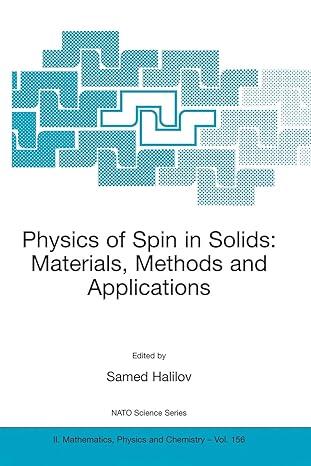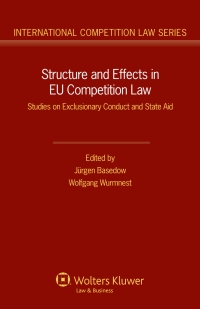Go back


Physics Of Spin In Solids Materials Methods And Applications(1st Edition)
Authors:
Samed Halilov

Cover Type:Hardcover
Condition:Used
In Stock
Include with your book
Free shipping: April 13, 2024Popular items with books
Access to 3 Million+ solutions
Free ✝
Ask 10 Questions from expert
200,000+ Expert answers
✝ 7 days-trial
Total Price:
$0
List Price: $217.97
Savings: $217.97(100%)
Book details
ISBN: 1402022263, 978-1402022265
Book publisher: Springer
Get your hands on the best-selling book Physics Of Spin In Solids Materials Methods And Applications 1st Edition for free. Feed your curiosity and let your imagination soar with the best stories coming out to you without hefty price tags. Browse SolutionInn to discover a treasure trove of fiction and non-fiction books where every page leads the reader to an undiscovered world. Start your literary adventure right away and also enjoy free shipping of these complimentary books to your door.
Physics Of Spin In Solids Materials Methods And Applications 1st Edition Summary: Most recent publications on spin-related phenomena focus on technological aspects of spin-dependent transport, with emphasis on the specific needs of spintronics. The present publication targets rather fundamental problems related to the physics of spin in solids, such as: (1) manifestation of spin and orbital polarization in spectroscopy, including valence and X-ray photoemission, magneto-optics, low-energy electron scattering on the surface; (2) application of new methods for interpretation and determination of magnetic low-lying excitations in the bulk and on the surface; (3) recent progress in evaluation of different type of magnetic forces including spin-orbit and exchange interaction, with subsequent determination of anisotropy and spin-ordering structure; (4) general problems of spin-dependent transport in semiconductors and metals, such as current-caused torque effect on spins at interfaces and spin injection in quantum dot systems; (5) problems in understanding the spin-dependent trends in unconventional superconductors; (6) many-body problems in solid state physics and recent progress in evaluation of self-energy effects; (7) fabrication of new magnetic materials with pre-programmed properties based on assembly from nano-particles, etc.
Customers also bought these books
Frequently Bought Together
Top Reviews for Books
Request i3clnu1
( 5 )
"Delivery was considerably fast, and the book I received was in a good condition."










